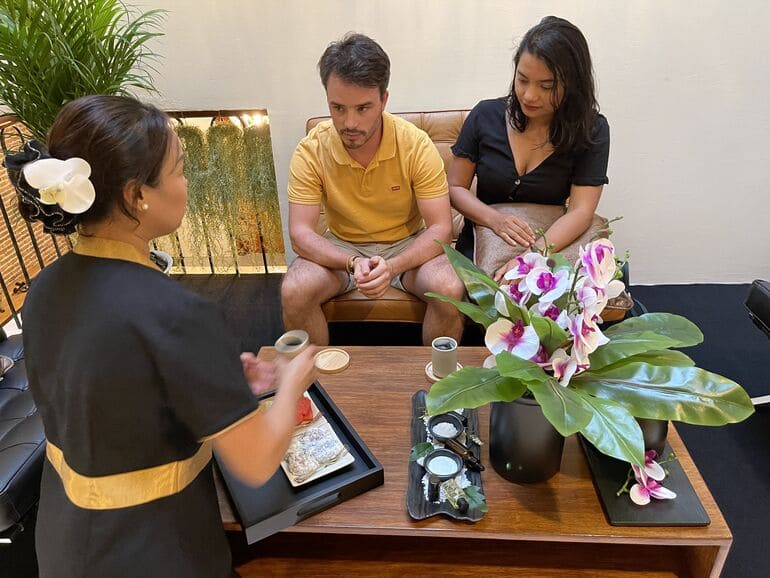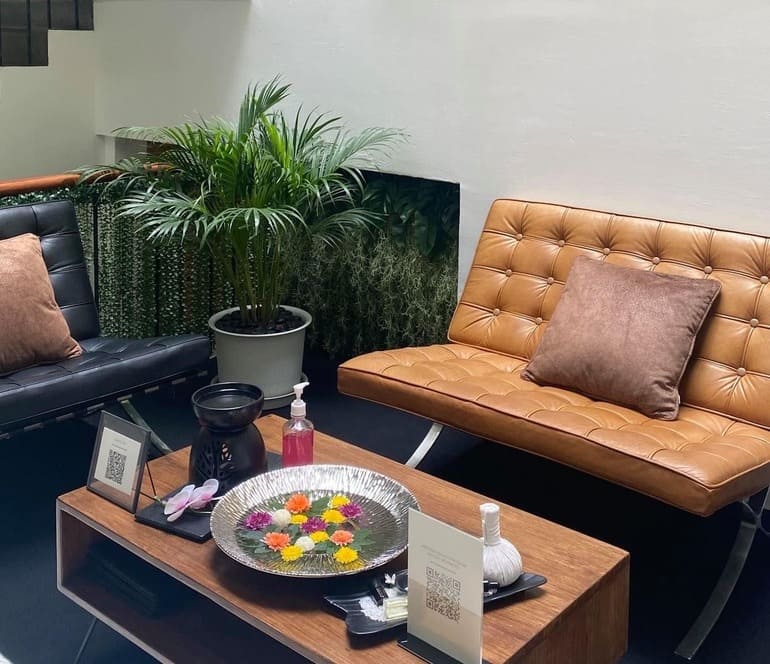You can better care for your massage therapy patients if you learn to actively listen. It’s crucial that your therapist fully comprehends what you need, and at Nuad Thai School, we can teach you how to actively listen. There are several ways you can assist your massage therapy clients more effectively. Let’s examine what active listening is and how you may improve your listening skills.
What exactly is active listening?
A compassionate response results from an attentive listener who comprehends the message they are receiving. If you are actively listening to your massage client, even though you may hear them, you will be fully present, validate what they are saying, recall what was said, and reply in a compassionate and understanding manner.

You must concentrate on your massage clients while you engage in active listening. You must make an effort with your tone, body language, and emotions. You should be comprehending rather than trying to figure out what your client is thinking. Being a passive listener may probably make you impatient or perhaps cause you to interrupt your customer. However, you will process what they are saying and make sure you comprehend your customer if you are an active listener.
Naturally, having a positive attitude throughout every client encounter is essential if you want to be a good active listener. You need to get rid of prejudice and animosity. Keep in mind that your clients seek you out because they are distressed or in pain. They require your aid. Never interrupt someone else when they are speaking, and pay attention to what they have to say regarding their stress or discomfort. You may provide better massage services to your clients if you have a cheerful attitude.
You must have the flexibility to change as an effective active listener as the conversation progresses. You cannot presume that you already know what the client will say. Instead, be open to changing how you handle them in response to what they tell you about their stress and anguish.
Here are some tips to become a better active listener!
When working with their clients, good active listeners will remain present and free of mental chatter. You will be able to hear and understand what your client is saying if you remain present.
A competent listener will also employ observational abilities. They will observe their customers’ nonverbal clues to better understand the discomfort or tension they are experiencing.
It’s beneficial to investigate the problem more and pose inquiries. By learning what is really wrong with your clients, you will be able to better serve them.
Making eye contact might assist you show that you are listening and understanding what is being stated. Additionally, it can make you seem real and reliable.

